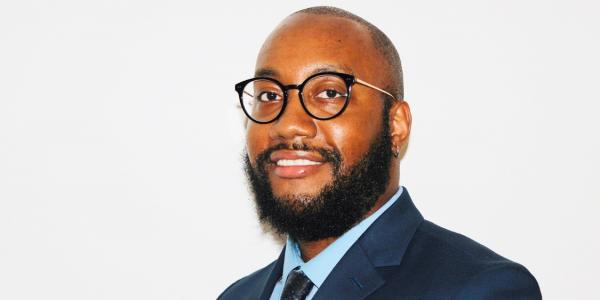The Sociology Colloquium Series: Welcomes Brandon Alston
Colloquia Title and Topic:
"Recognizing “Camera Cues”: Policing, Cellphones, and Civilian Countersurveillance"
Over the past decade, recording technologies have enabled organized activists and ordinary residents to capture and circulate videos of police interventions. Existing research focuses primarily, however, on organized activists who rely on formal training programs to record police interventions. If formal programs train organized activists to capture police abuses on camera, how then do ordinary residents determine when they should record police behavior? Drawing on indepth interviews with Black men who live in a Southside Chicago neighborhood, this study finds that residents’ recurrent police interactions enable them to interpret officers’ words and actions as symbols of procedural injustice, which, in subsequent exchanges, serve as signals to record events with cellphones—what I term “camera cues.” Camera cues facilitate situated conceptions of legal authority that trigger residents’ distrust of police. Equipped with cellphones, residents scrutinize officers’ outward displays and police–civilian interactions to challenge procedural injustice. While recording police behavior makes it possible at least occasionally to resist the dominance of legal authority, doing so often involves additional risks, including the destruction of their cellphones, verbal and physical threats, and arrests.

